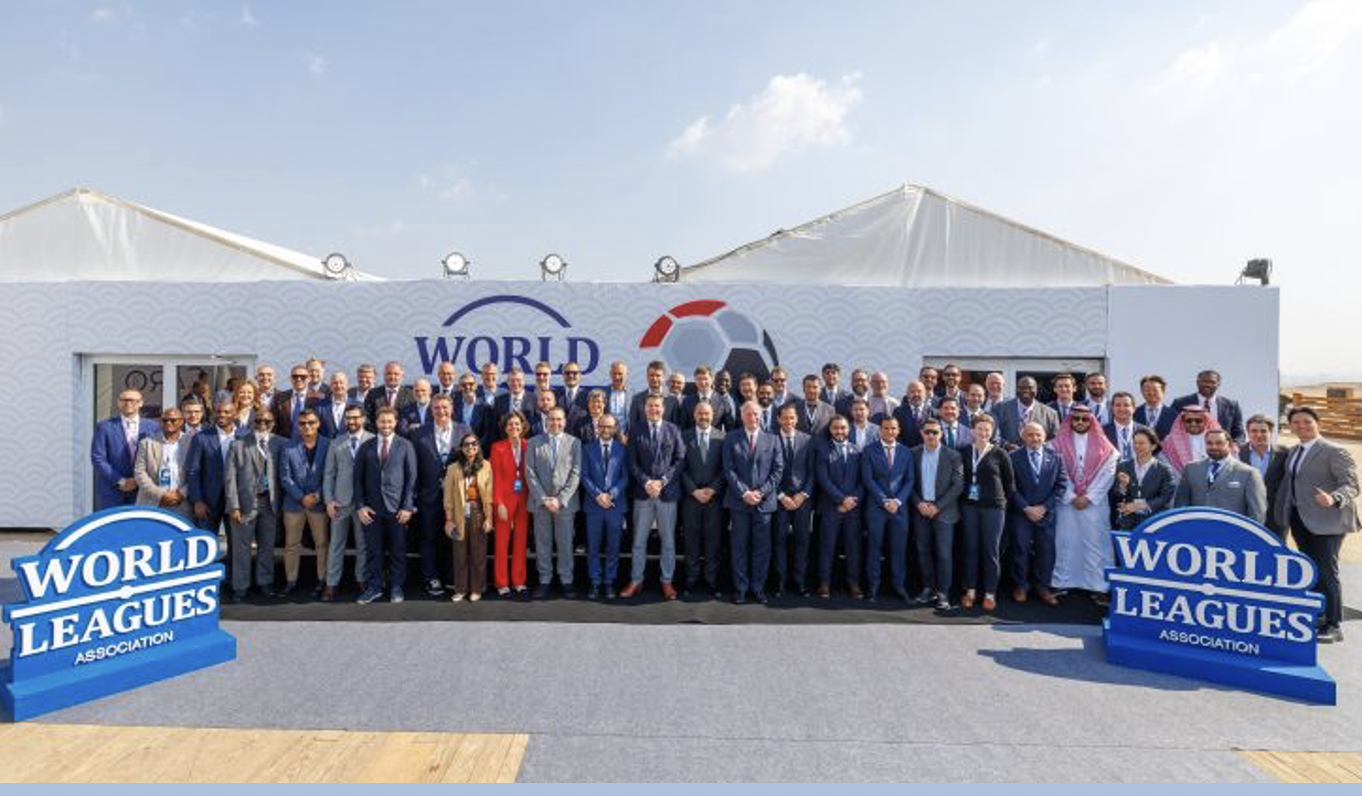November 18 – With FIFA increasingly trying to force their way into the club game worldwide as both a disruptor and a new club competition organiser, so the World Leagues Association has grown in numbers, strength and unity of purpose.
The Annual Meeting of the World Leagues Association (WLA) was held at the end of last week, hosted by the Egyptian Pro League in Cairo, with 37 professional leagues present.
The leagues body has been demanding full consultation with FIFA regarding its calendar changing initiatives while the European Leagues association has filed a complaint to the European Commission against FIFA over the international match calendar, arguing that FIFA has a conflict of interest over its role as a competition organiser and governing body and that it is breaking European competition law.
That complaint focuses on decisions taken over the international match calendar and in particular the planned 2026 Club World Cup which the WLA and Fifpro have already demanded should be abandoned.
“The Annual Meeting was also an opportunity to discuss the pressure that the expanding international calendar is putting on the 130,000 professional players and 4000 professional clubs that rely on their national football economies,” said the WLA.
With leagues present from all continents represented to discuss the future of the game “continental workshops were organized to enhance regional cooperation between national leagues as they collectively maintain their advocacy for a calendar in which competitions organised by continental and world governing bodies are complementary to national leagues and not jeopardizing their sustainability.at a national and international level,” said the WLA
During the meeting the WLA launched a new ‘League Development Program’, a tailored audit, benchmarking and strategic planning process to support league development.
The meeting also discussed the decision of the European Court of Justice on the Lassana Diarra case, that ruled that some of FIFA’s transfer rules are contrary to EU law. The consequences for the impact on the transfer system were examined at the meeting with the WLA later reiterating “the importance of maintaining a social dialogue with player unions to help define short and long-term solutions guaranteeing legal certainty to clubs and players.”
Contact the writer of this story at moc.l1745051631labto1745051631ofdlr1745051631owedi1745051631sni@n1745051631osloh1745051631cin.l1745051631uap1745051631

